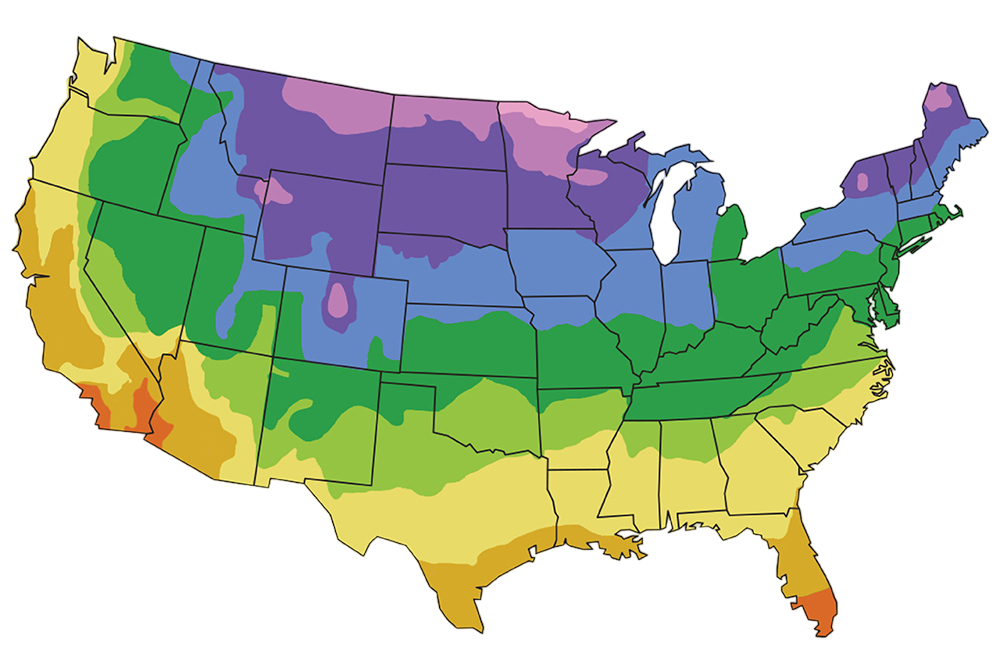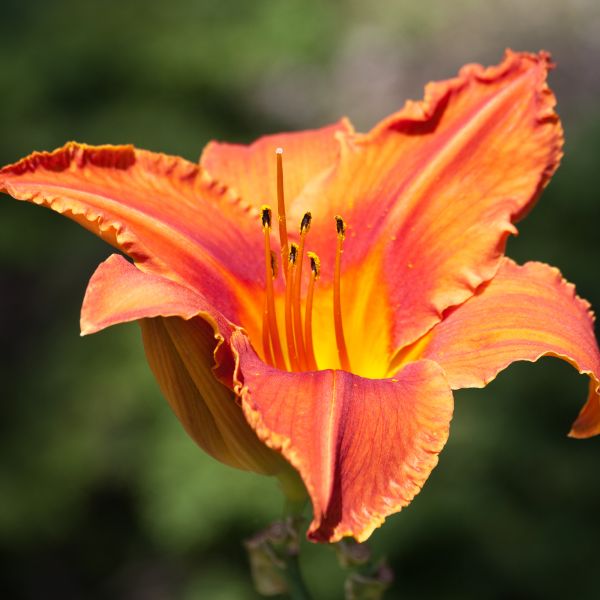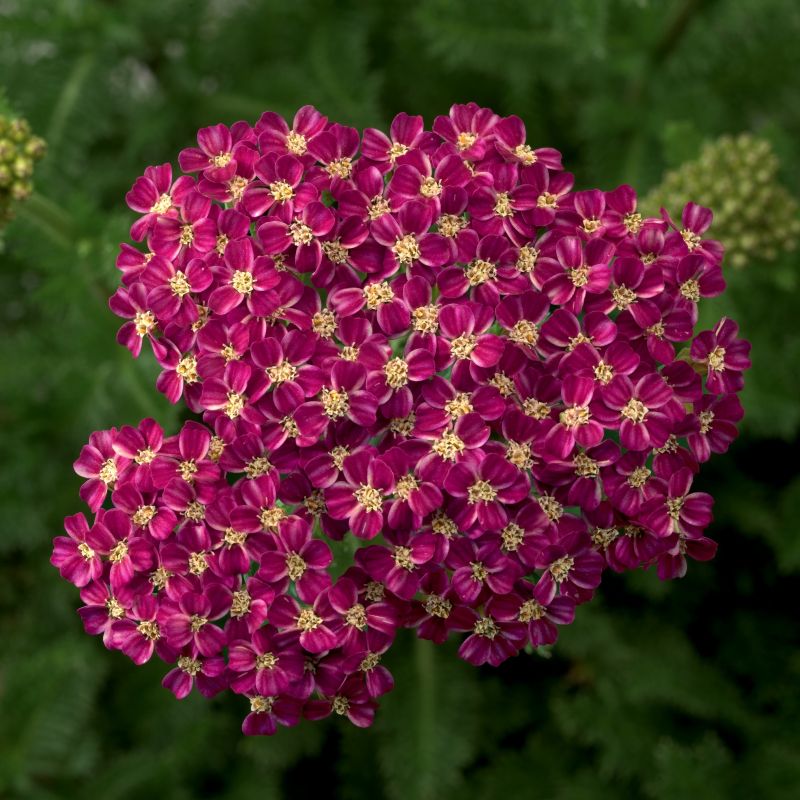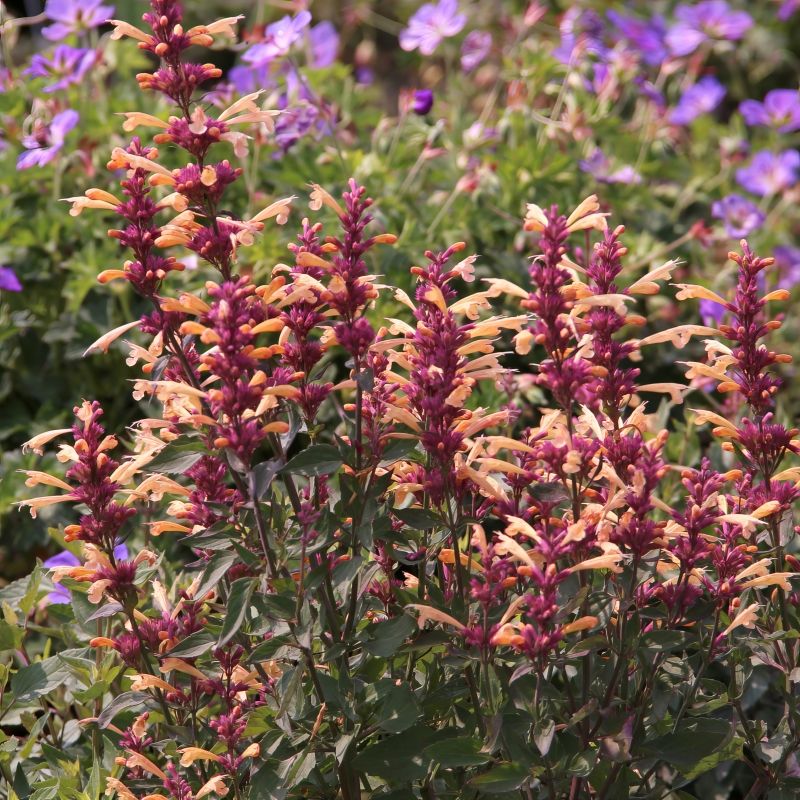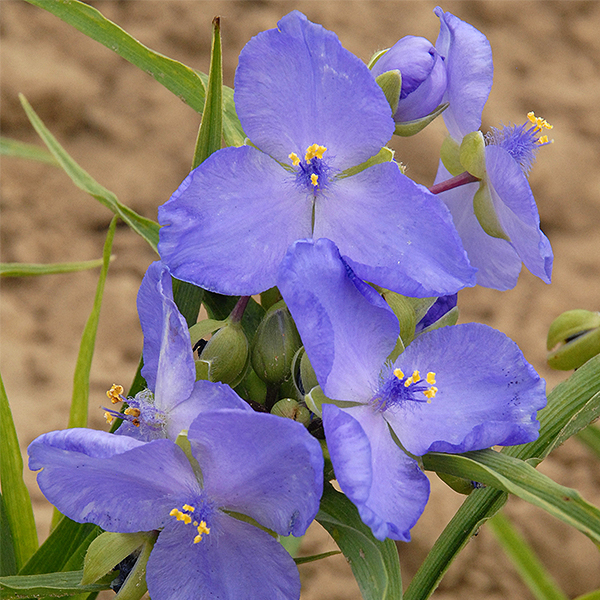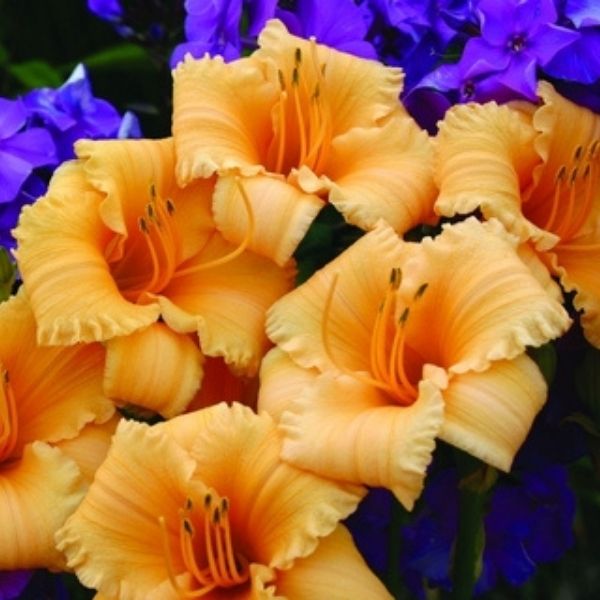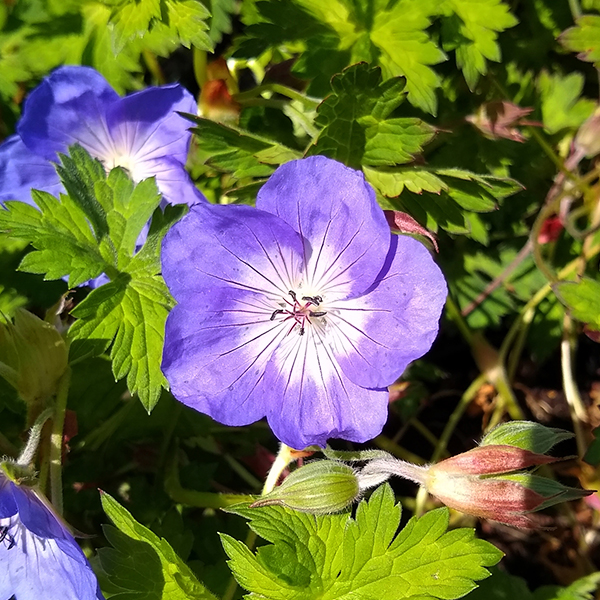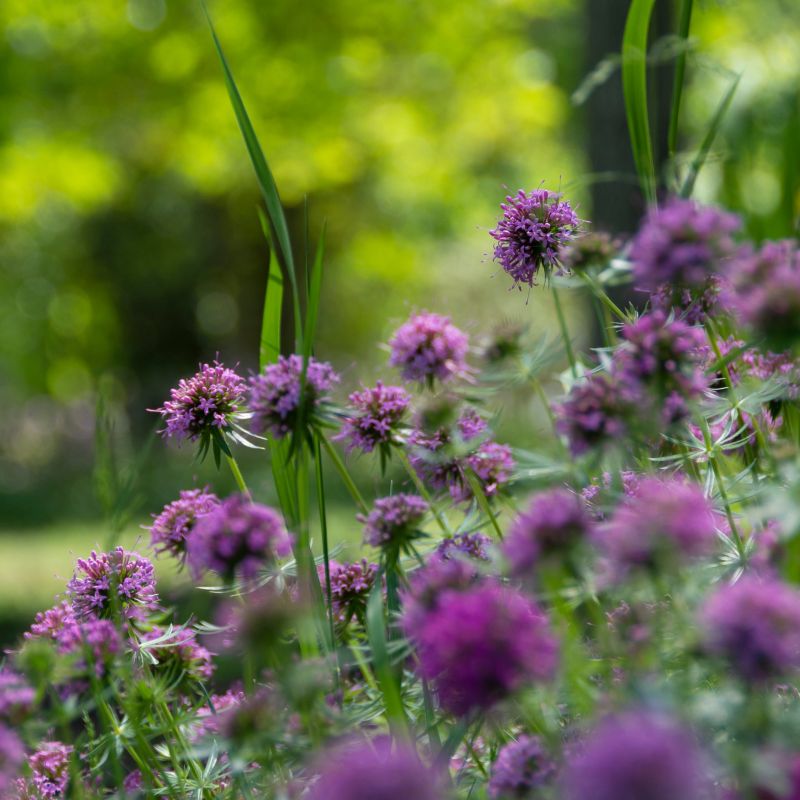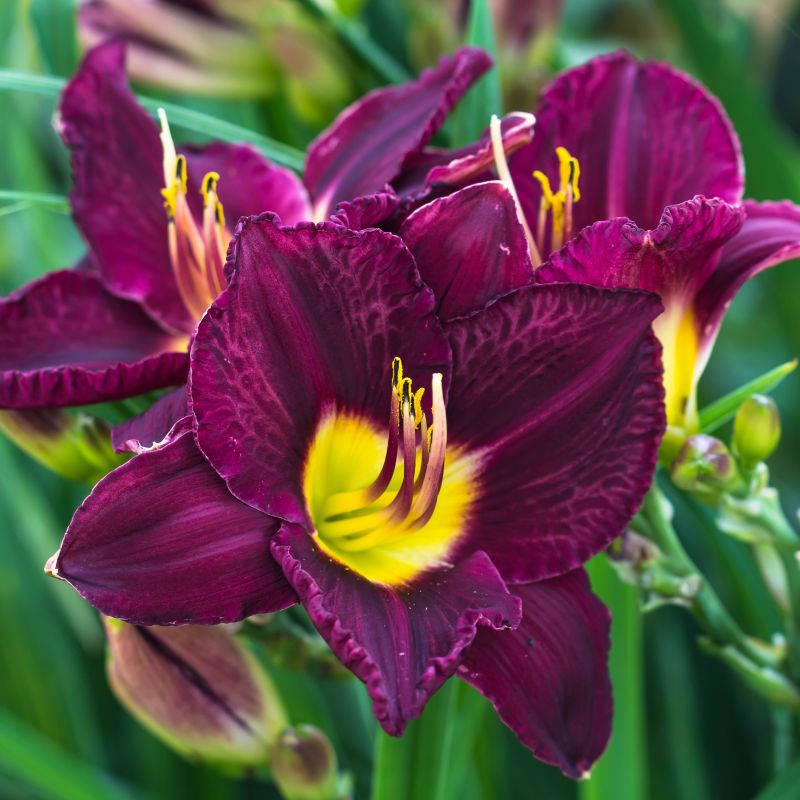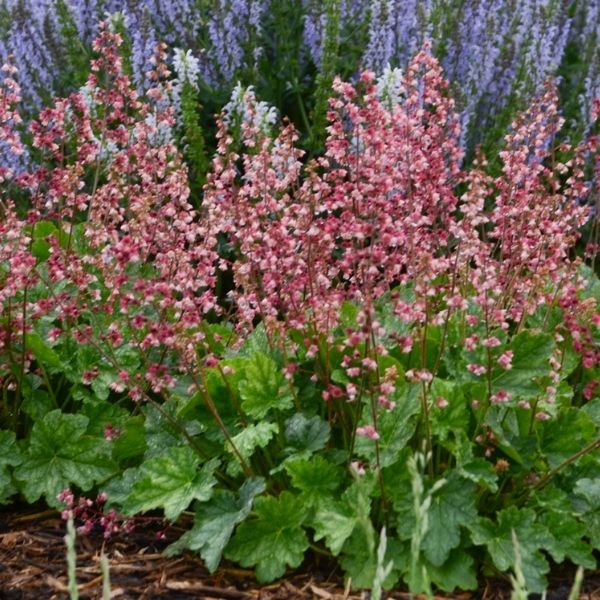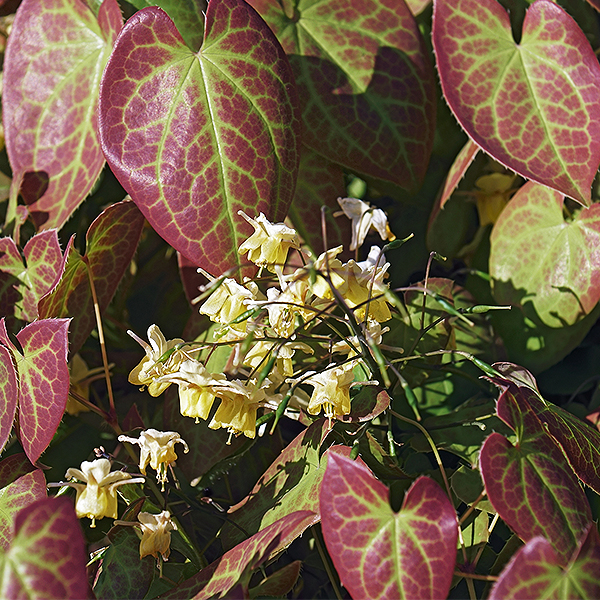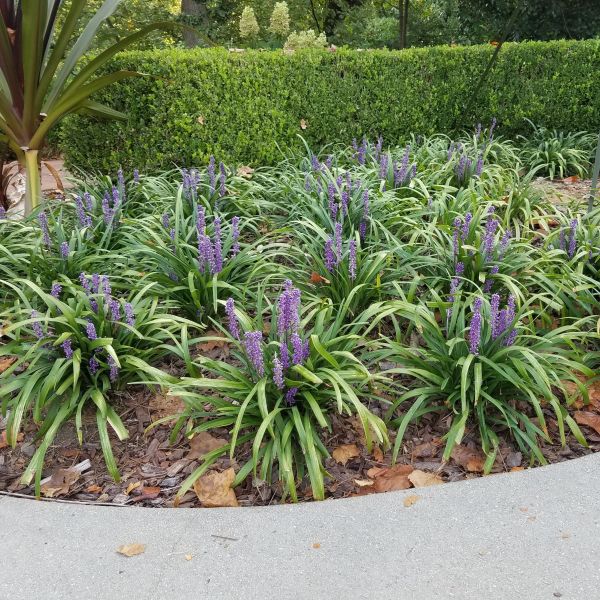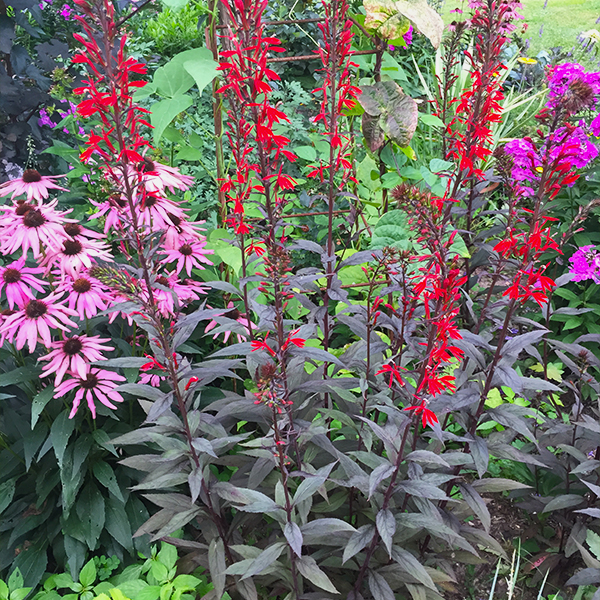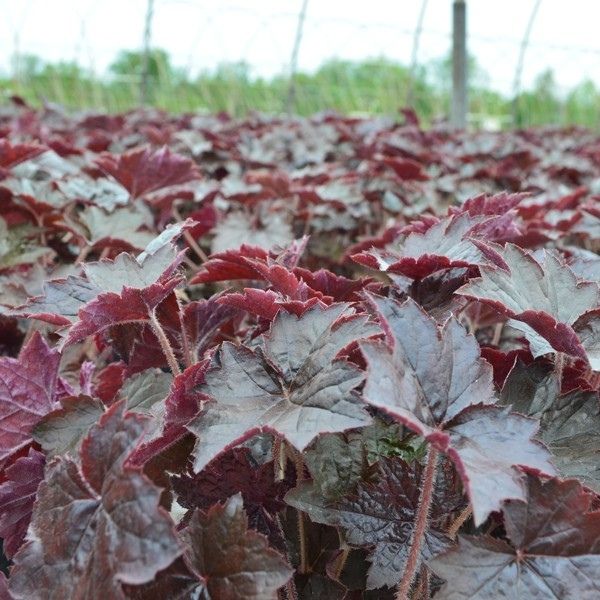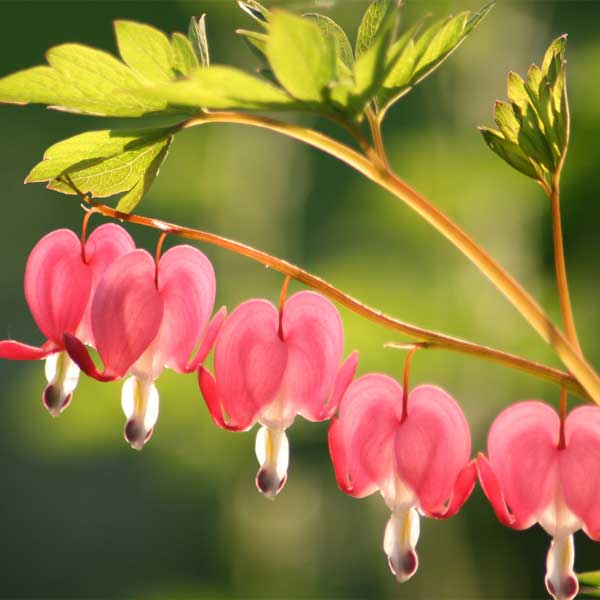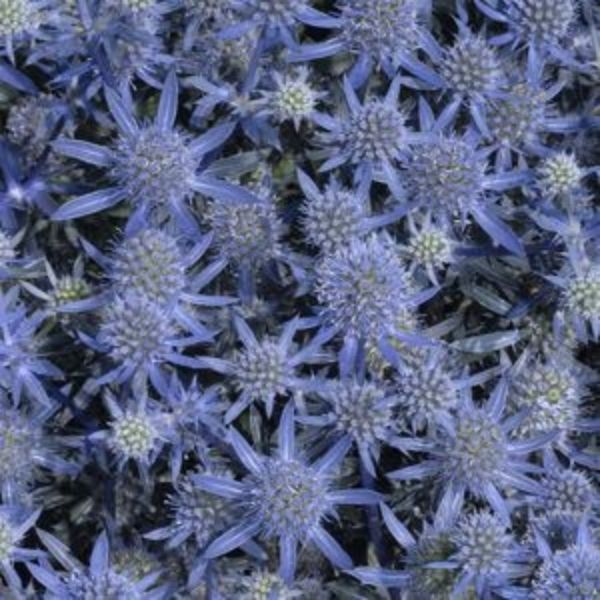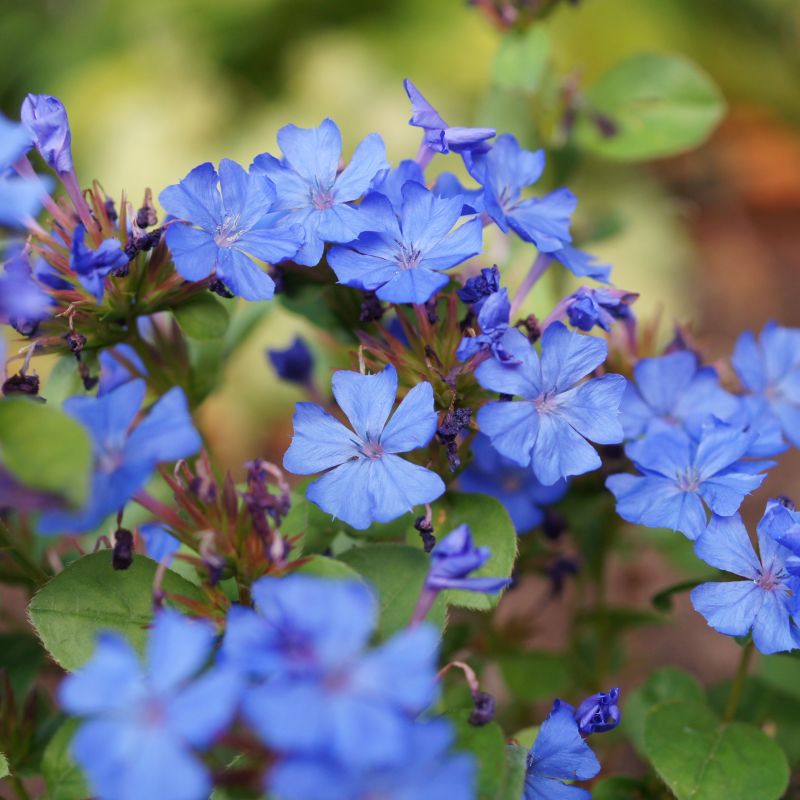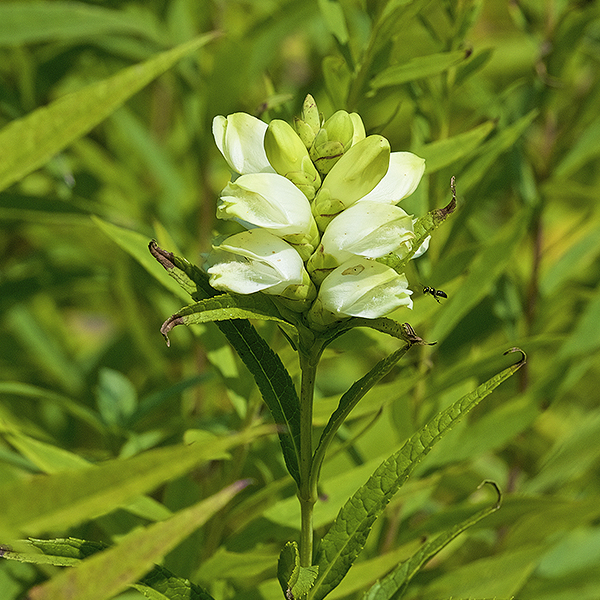
White Turtlehead
Chelone glabra
10 reviews
White Turtlehead
Chelone glabra
10 reviews
- Attracts pollinators such as butterflies and bees to your garden
- Tolerant of wet soil conditions, making it a great plant for rain gardens or near ponds
- Low maintenance plant that adds unique texture and color to the landscape
- Recommended by landscape designers for optimal fit in real yards
$36.00
$52.00
30% Off
- Ships to 43215 in 3 to 7 days
- Free Shipping Over $150
- Plant Arrival Guarantee
- In Stock
- Free Plant Consult
$200 - Landscape-Approved: Every Plant We Sell Comes With Design Expertise Behind It
- Premium 1 Gallon
- 1 Gallon
Not just beautiful - intentionally selected by ShrubHub's 3D landscape design team to fit real-world spaces and maximize yard potential.
Why White Turtlehead?
The White Turtlehead, also known as Chelone glabra, is a beautiful native wildflower found in wetlands and streambanks throughout North America. Its distinctive white tubular flowers resemble the head of a turtle, hence its common name. This plant provides important habitat and food sources for pollinators such as bees and butterflies. Its striking appearance and ecological value make it a popular choice for gardeners and conservationists.
People who loved this plant also bought
Sunlight
White Turtlehead plants require full sun to partial shade for optimal growth. They thrive in bright sunlight but can tolerate some shade. It is recommended to provide them with at least 6 hours of sunlight per day for best results.
Watering
White Turtlehead requires consistently moist soil but can tolerate occasional periods of drought once established. Water regularly, especially during hot and dry periods, to keep the soil consistently moist. Avoid overwatering to prevent root rot.
Fertilizing
White Turtlehead plants benefit from a balanced fertilizer with an N-P-K ratio of 10-10-10. Fertilize in early spring before new growth appears and again in late summer. Avoid high nitrogen fertilizers to prevent excess foliage growth at the expense of flo
White Turtlehead (Chelone glabra)
The White Turtlehead, also known as Chelone glabra, is a native perennial plant that is typically found in wet meadows, stream banks, and marshy areas. It belongs to the figwort family and is known for its unique white flowers that resemble the head of a turtle.
This plant grows to a height of 2 to 4 feet and blooms from late summer to early fall. The flowers are tubular in shape and are arranged in dense spikes at the top of the stem. The dark green leaves are lance-shaped and have a toothed margin.
White Turtlehead is a great choice for adding interest to a garden or natural area, especially in locations with moist soil. It attracts pollinators such as bees and butterflies and is deer resistant.
When planting White Turtlehead, be sure to choose a location with partial to full sun and moist, well-drained soil. It is low maintenance and does not require much care once established.
Add the charming White Turtlehead to your garden for beautiful white blooms and unique foliage that will enhance any landscape.
Plant Information:
| Botanical Name: | Chelone glabra |
| USDA Zones: | 3 - 8 |
| Water: | Moderate to High |
| Exposure: | Full Sun |
| Soil Needs: | Well-Drained Adaptable |
| Mature Height: | 2 - 3 feet |
| Mature Spread: | 1 - 3 feet |



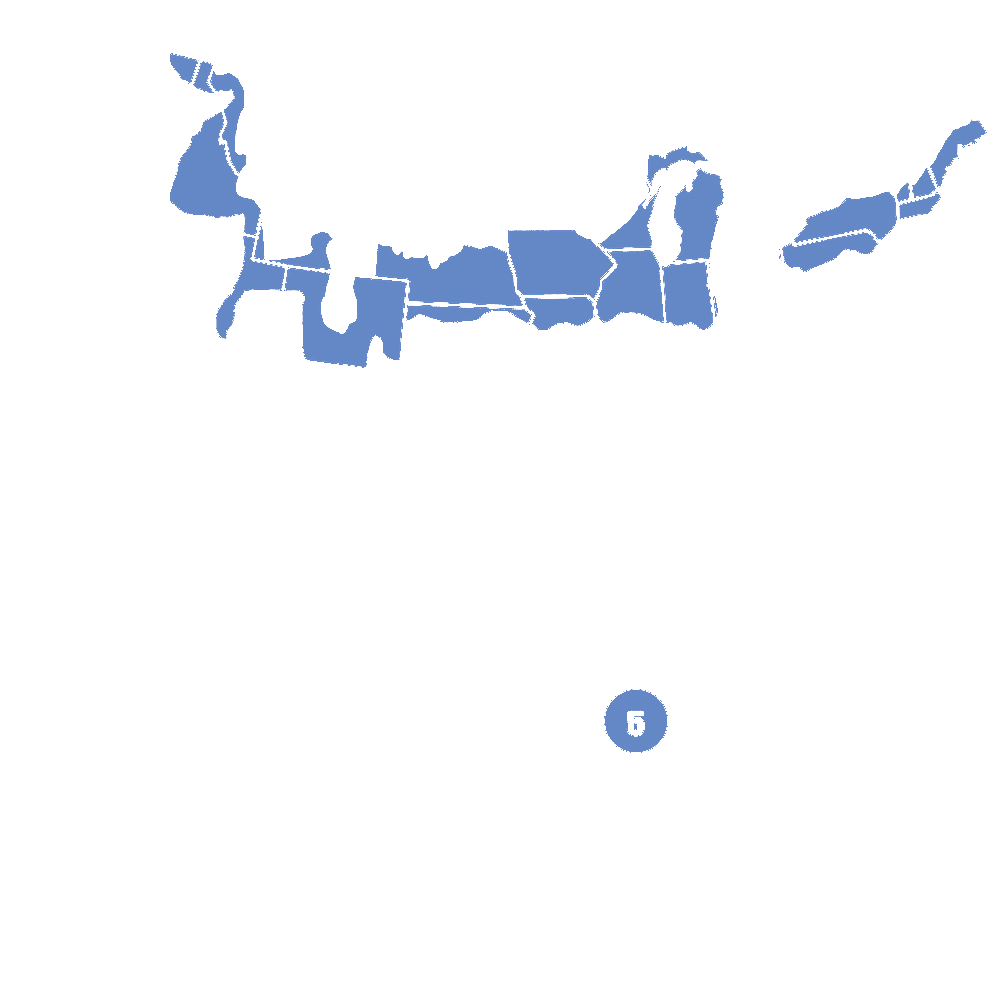
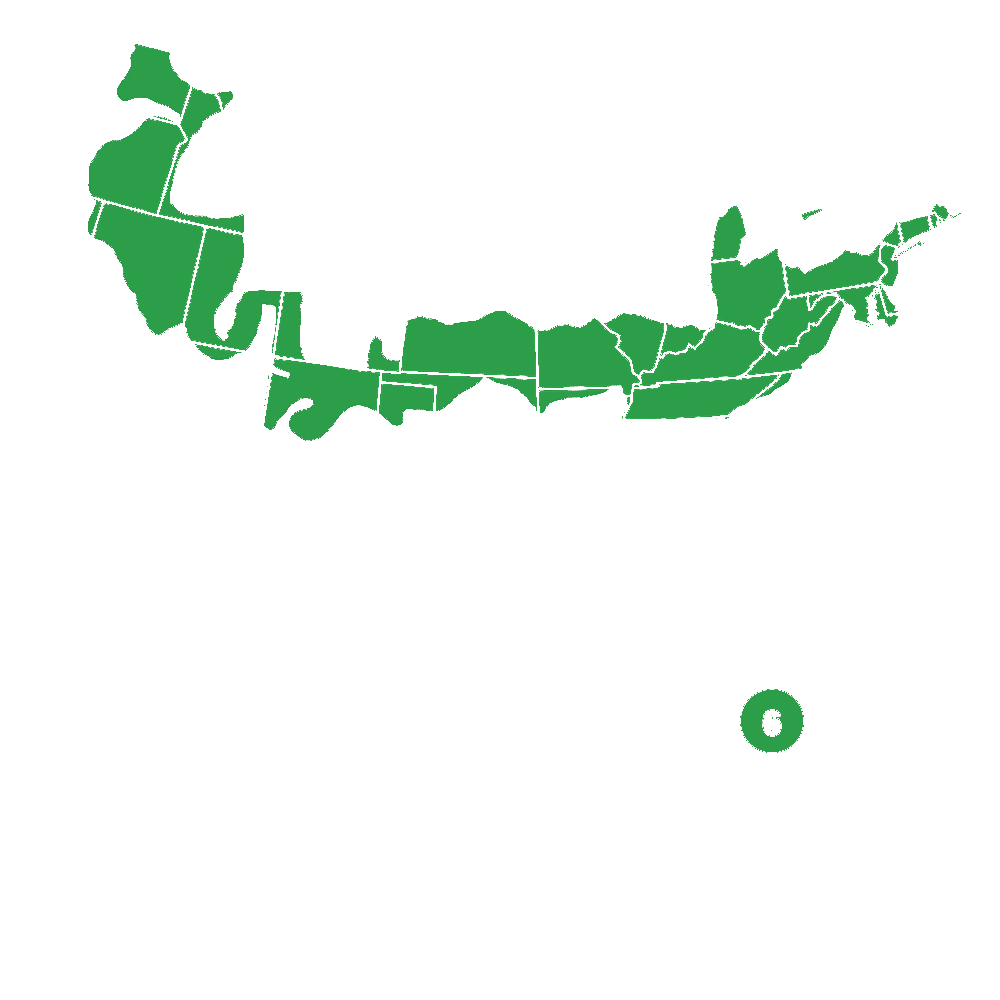
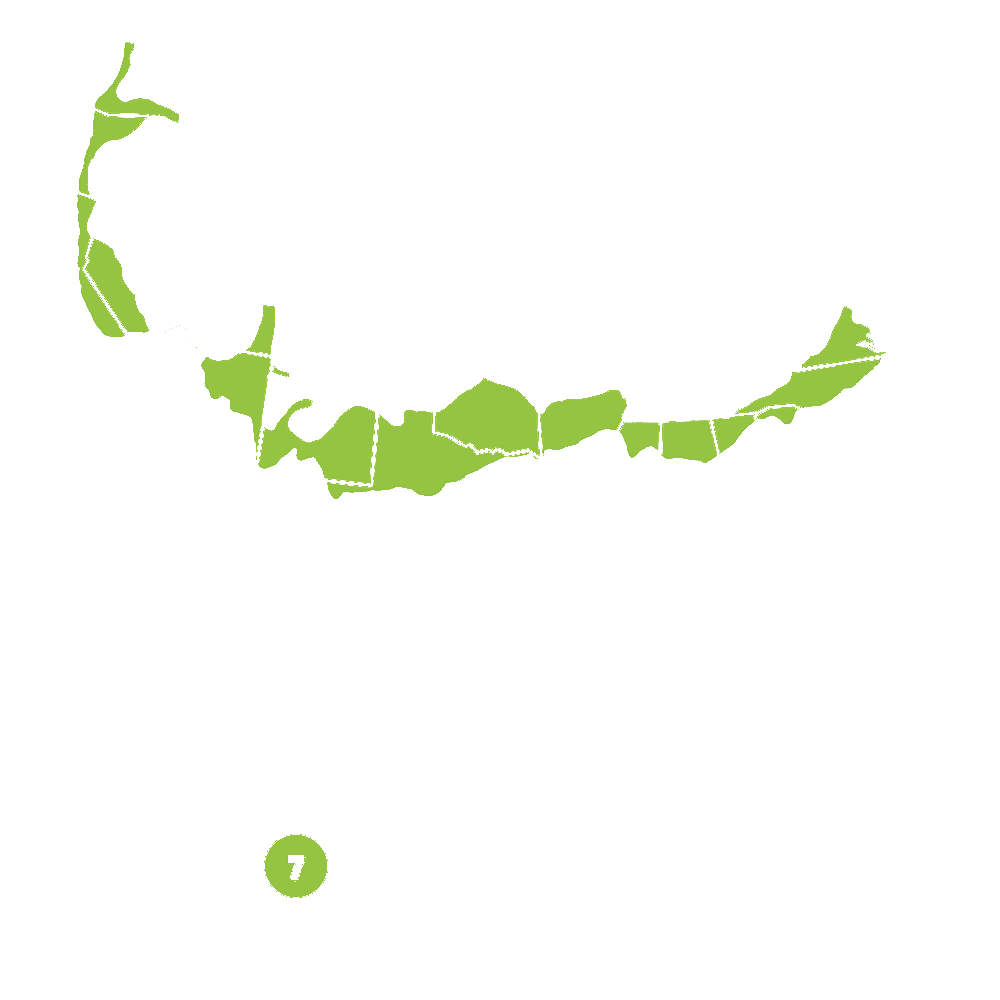
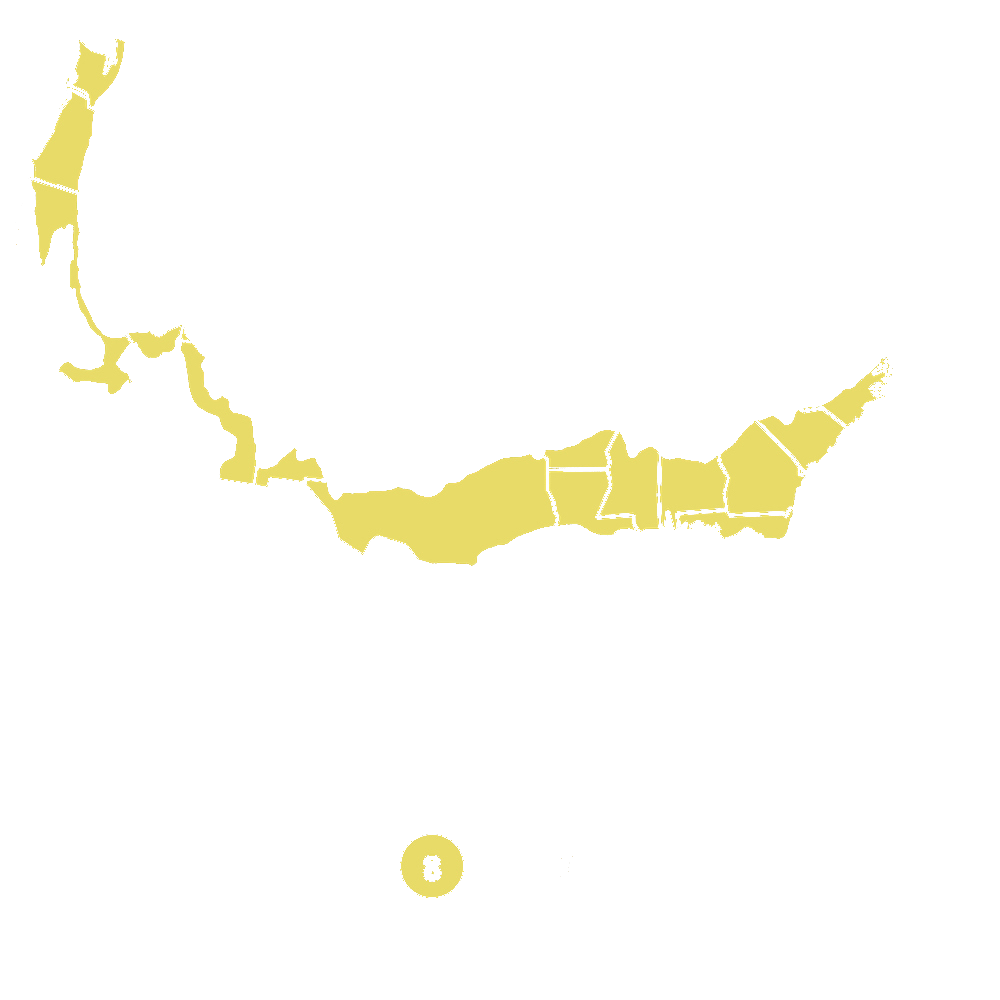
Pollination Info
White Turtlehead (Chelone glabra)
White Turtlehead, or Chelone glabra, is a herbaceous perennial plant native to North America. It is known for its beautiful white flowers that bloom in late summer to fall. Pollination is an important process for the reproduction of White Turtlehead.
Pollination Process:
White Turtlehead is pollinated by a variety of insects, including bees, butterflies, and flies. These insects are attracted to the plant's nectar, which is produced in the flowers. As the insects feed on the nectar, they inadvertently transfer pollen from one flower to another, facilitating the fertilization process.
Benefits of Pollination:
Pollination is crucial for the reproduction of White Turtlehead. Without pollination, the plant would not be able to produce seeds, which are necessary for the next generation of plants to grow. Additionally, pollination helps to increase genetic diversity within the species, ensuring its continued survival.
Attracting Pollinators:
To attract pollinators to your White Turtlehead plants, make sure to plant them in a sunny location with well-drained soil. Providing a water source nearby, such as a birdbath or shallow dish of water, can also help attract pollinators to your garden. Avoid using pesticides, as these can harm pollinators and other beneficial insects.
FAQ
White Turtlehead (Chelone glabra) FAQ
General Information
What is White Turtlehead?
White Turtlehead, scientifically known as Chelone glabra, is a flowering perennial plant native to North America. It is characterized by its white, snapdragon-like flowers that bloom in late summer to early fall.
Where does White Turtlehead grow?
White Turtlehead is typically found in wetland areas, such as marshes, streambanks, and pond edges, where it thrives in moist soil conditions.
Care and Maintenance
How do I plant White Turtlehead?
White Turtlehead can be planted in spring or fall in a location with part shade to full sun and moist, well-draining soil. Dig a hole slightly larger than the plant's root ball, place the plant in the hole, and backfill with soil. Water thoroughly after planting.
How often should I water White Turtlehead?
White Turtlehead requires regular watering to keep the soil consistently moist, especially during hot, dry periods. Be sure not to overwater, as this can lead to root rot.
Do I need to fertilize White Turtlehead?
White Turtlehead typically does not require fertilization if planted in nutrient-rich soil. However, you can apply a balanced fertilizer in spring if you notice poor growth or yellowing leaves.
Propagation
How do I propagate White Turtlehead?
White Turtlehead can be propagated by division in early spring or fall. Dig up the plant and carefully separate the rhizomes, ensuring each division has several shoots. Replant the divisions in suitable locations and water well.
Pests and Diseases
What pests and diseases affect White Turtlehead?
White Turtlehead is generally resistant to pests and diseases, but it may occasionally be affected by powdery mildew or root rot in poorly drained soil. To prevent issues, ensure good air circulation around the plant and avoid overwatering.
Planting & Care
Planting and Care for White Turtlehead (Chelone glabra)
White turtlehead is a native perennial plant that thrives in wet or moist soil conditions. Here are some tips for planting and caring for white turtlehead in your garden:
Planting:
- Choose a location with partial to full shade and moist, well-draining soil.
- Dig a hole the same depth as the root ball and twice as wide.
- Place the plant in the hole and backfill with soil, patting it down gently to remove air pockets.
- Water thoroughly after planting.
Care:
- Water regularly to keep the soil consistently moist, but not waterlogged.
- Apply a layer of mulch around the base of the plant to help retain moisture and suppress weeds.
- Deadhead faded flowers to encourage more blooms throughout the growing season.
- Fertilize with a balanced, slow-release fertilizer in the spring.
- Divide plants every 3-4 years to maintain vigor and prevent overcrowding.
- Monitor for pests and diseases, and treat promptly if necessary.
With proper care, white turtlehead will reward you with clusters of beautiful, white snapdragon-like flowers and lush green foliage for years to come.
Check Out These Verified Customer Reviews:
Customer Reviews
4.8 out of 5 based on 10 reviews
Thank you! Your review has been submitted.
Fast shipping and great packaging. White Turtlehead arrived safe and sound.
Thrilled with the overall experience. Will definitely be purchasing from here again.
Lovely item, arrived in great condition.
Item has been added to your cart.

